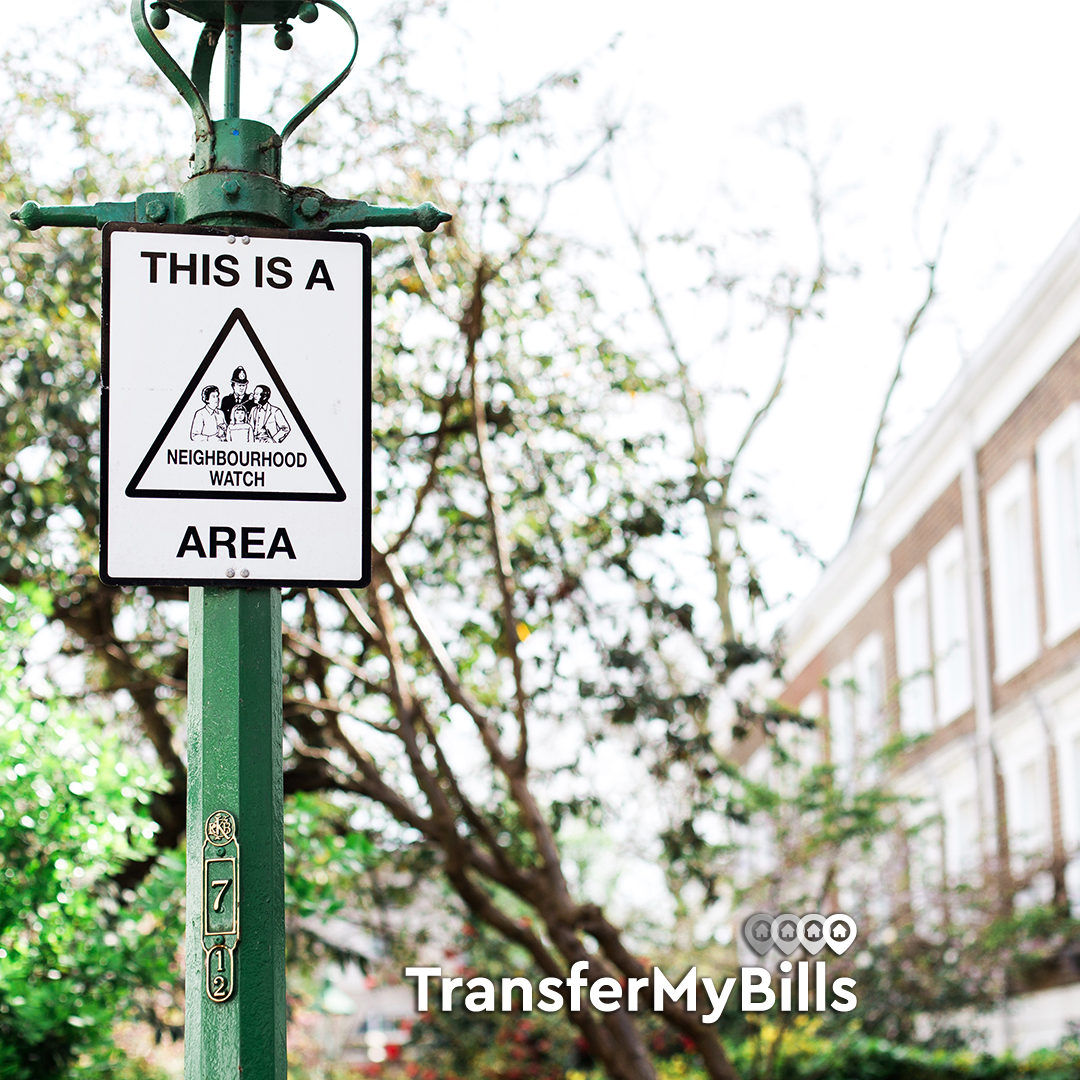A genuine sense of community is one of the few remaining joys of life that cannot be bought, yet many choose to permanently close the door on their neighbours. They’re integral to the British psyche – alongside fish and chips, tea and queuing – But are neighbours not being considered when moving home? And are communities becoming fragmented and lost?
Uncovered in a recent poll - 68% of Britons deem their neighbours “strangers”, whilst 73% don’t even know their names. With just 7% of people regularly socialising with neighbours.
Another study by Portafina identified that on average British homeowners spend around 1 hour each year talking to their neighbours. Even with 12 hours sleep a day for a year that is 1 hour out of a possible 4,380! The same study found the main reasons behind this issue were privacy (yours and theirs), worry about getting along or purely because people are new to the area.
Roy Prenton, Corporate Communications Consultant at Skipton Building Society shared his thoughts on the findings:
“It’s a shock and disappointment to discover that Britain’s community spirit – for so long a national feature which bonded people together – was in decline, wouldn’t it be great to try and turn this around and help rebuild our communities to bring them alive again?”
It would be great, but how do we do that?
With privacy in this age of information being more and more sought-after, people may struggle to see the benefits of sharing with their neighbours – unless they’re out of sugar. There is no judgement for those who haven’t made the effort where they currently live either, it’s not obligatory in any shape or form. But even just knowing the names of others around you can go a long way and make a house feel like a home.
Before a move, why not talk to the neighbours? You’re potentially moving next door so it gives the opportunity to not only get a feel for them and start off on the right foot, but they may be full of information on the locale or even the house you’re looking at. Neighbours tend to give you a better representation of the area.
Moving day is the best day to make introductions, many will notice you moving in and there’s no time like the present. Make the effort; observe your immediate surroundings; identify people’s interests shared or otherwise. It’s normally easy to spot who has kids – a blend of plastics toys and screaming. But keep an eye out for older residents, loneliness is difficult to see so go the extra mile – Let them know you’re approachable and helpful. The most efficient way to gain a sense of community is to become a part of it.
Whilst there are variables which may affect your desire to communicate with neighbours – your age, where you live and the type of property – consider how beneficial the feeling of community is to someone living on their own all of their life. To someone who has seen that community flourish across the past 75 years and now fears for their safety? It’s our responsibility to ensure that everyone around us, especially the vulnerable and less able feel comfortable at home.
Be the neighbour you’d want, it’s that simple.

